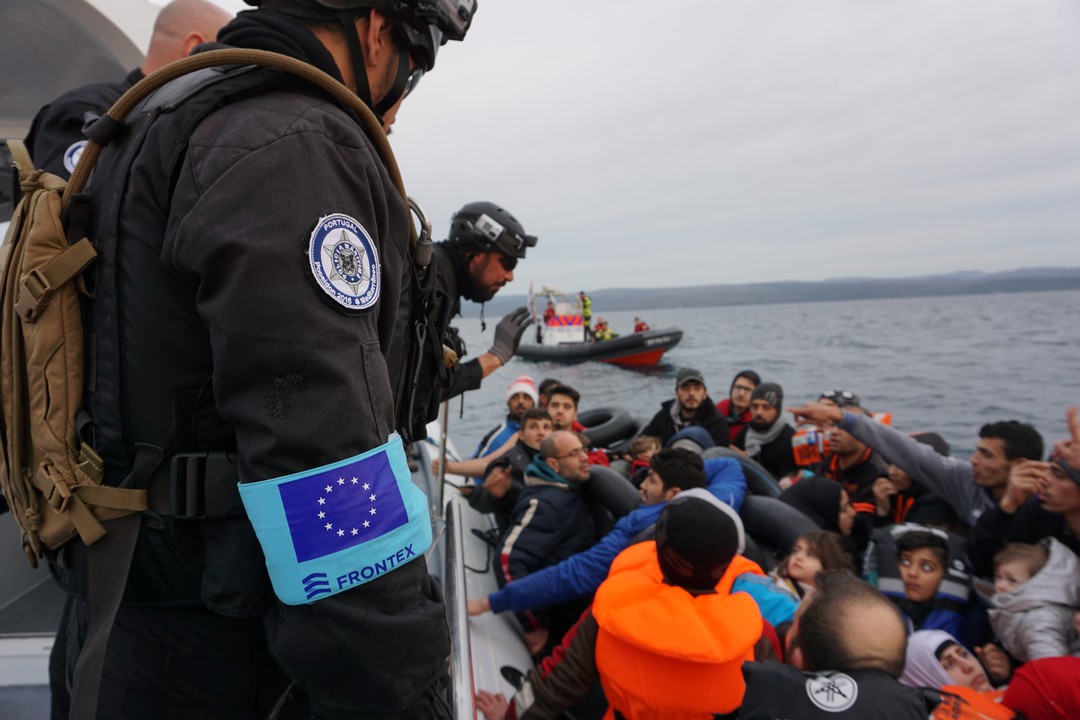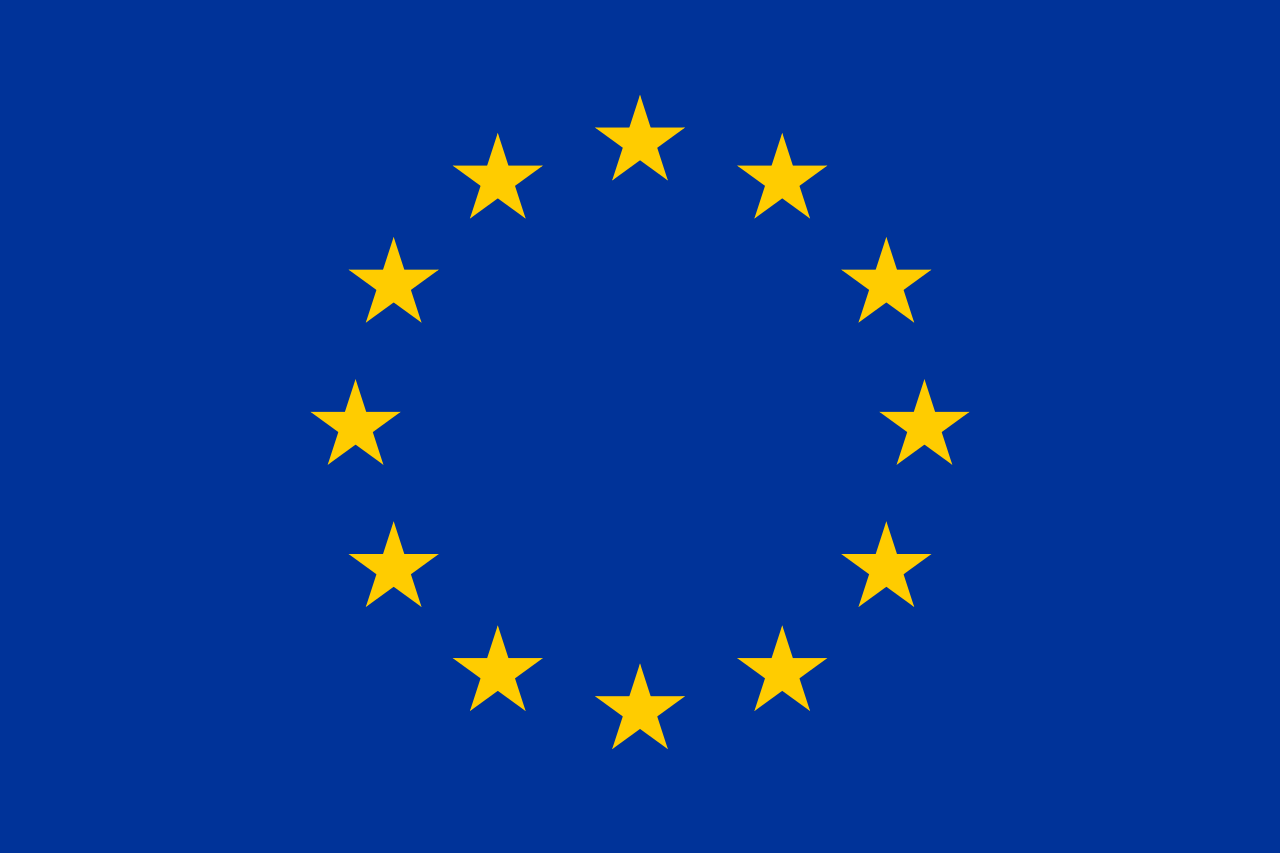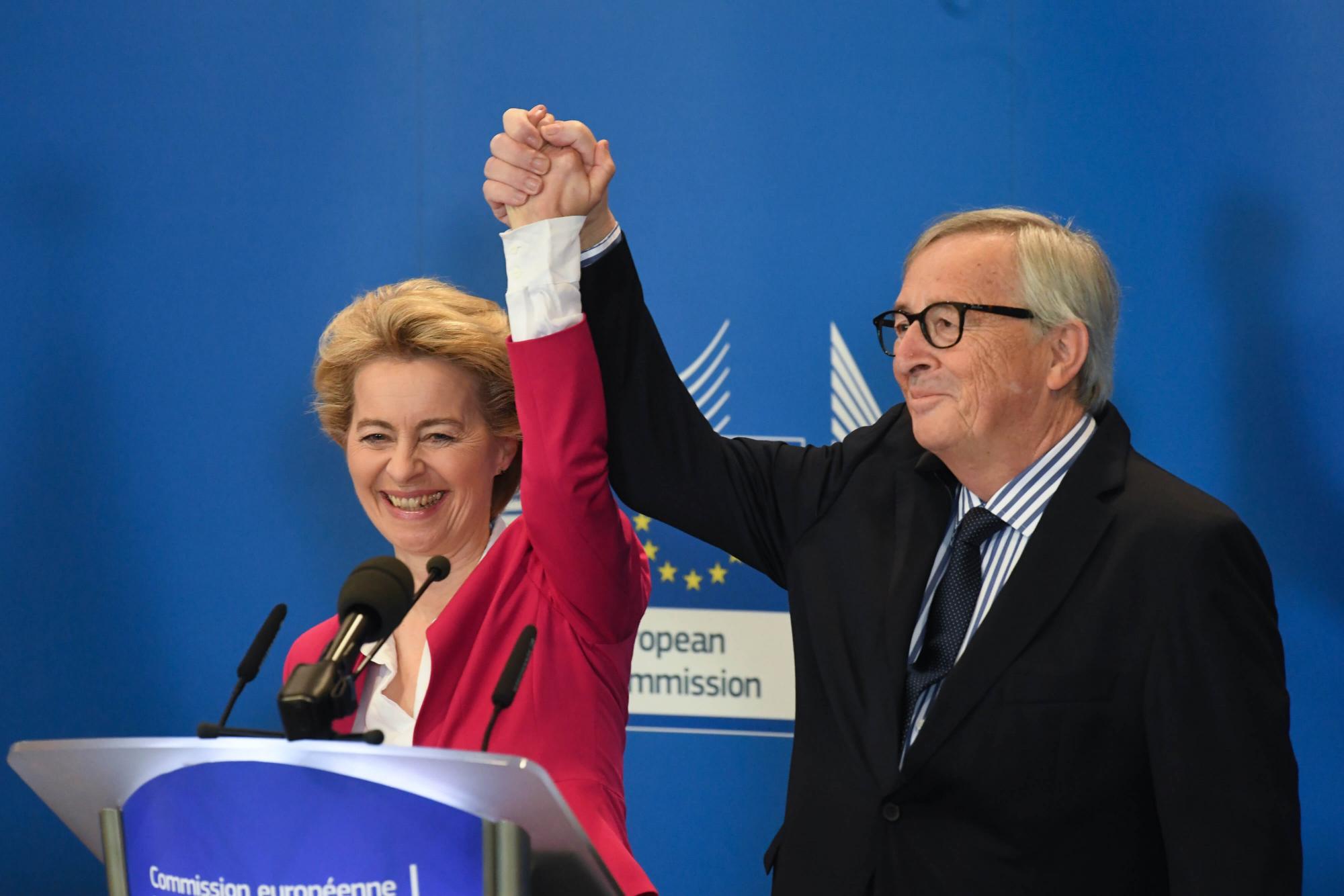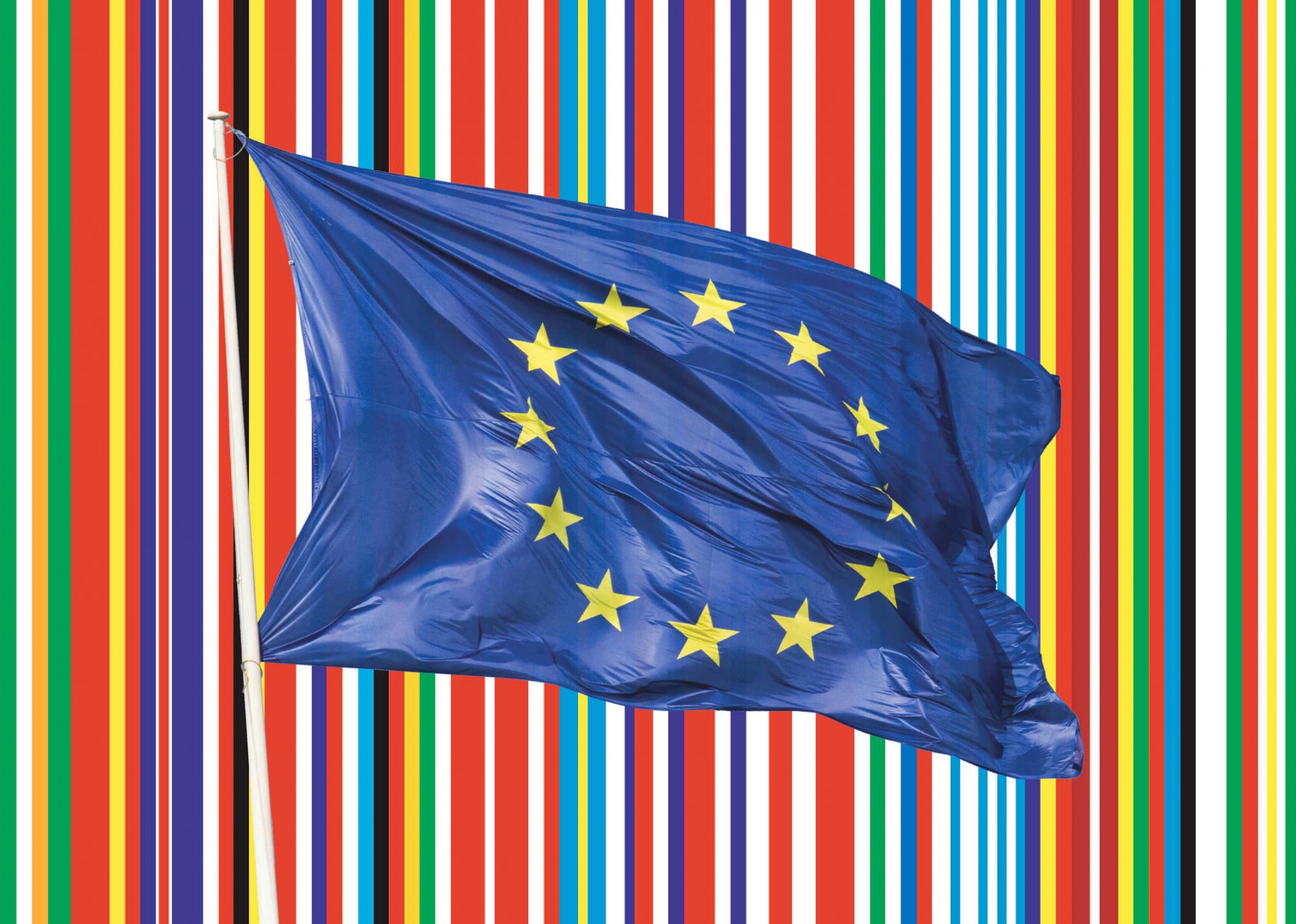From legal to administrative subsidiarity
- Read more about From legal to administrative subsidiarity
- Log in to post comments
Diagnosing enforcement of EU border control
Enforcement is a major challenge in the EU’s multilevel system. Solving the tensions between sovereignty and interdependencies requires internalisation of the core values and objectives embodied in EU legislation. Internalisation depends on strong involvement in all phases of policy-making through teamwork. States in the EU’s multilevel administrative system have to regard themselves as fully responsible for EU policies. High levels of interaction among experts in enforcement contribute to the required professional cultures. In organisational terms, a multilevel (subsidiarity-based) administrative system is based on cooperation in which the centre (the Commission and/or EU agencies) assumes essential managerial roles without eroding the integrity of the member countries.
Subsidiarity is generally seen as a legal principle. This paper presents the practical governance consequences of subsidiarity. Subsidiarity is well grounded in the EU treaties. Yet, the implications are little understood by policymakers when it comes to creating the conditions for effective EU policies at the shop floor of national administrations.
Download report.
Authors
Prof. Dr. Adriaan Schout (Research Fellow at the Clingendael Institute, Professor of European Public Administration at the Faculty of Management Sciences of Radboud University in Nijmegen)
Ingrid Blankensteijn (intern at the Clingendael Institute)






